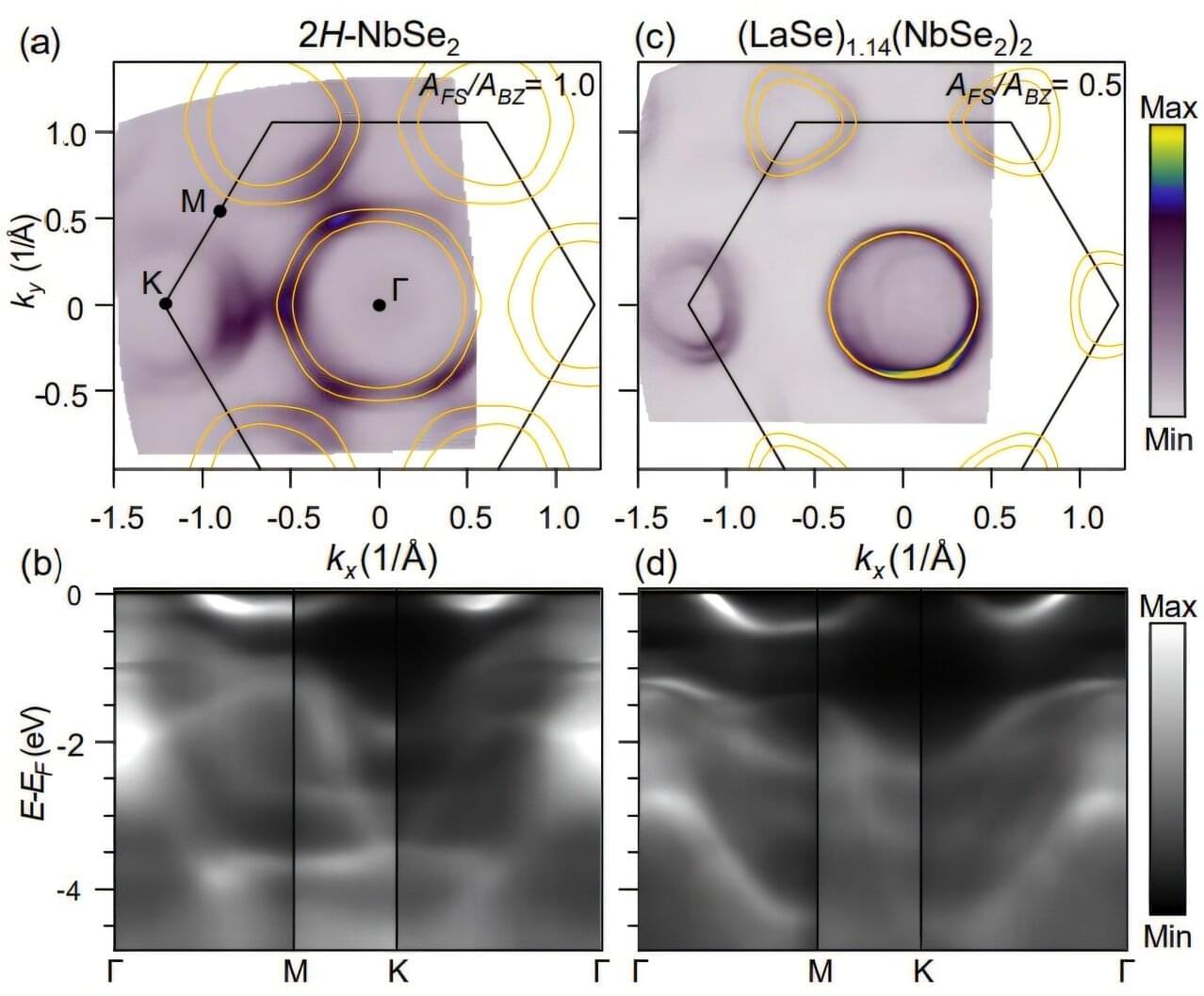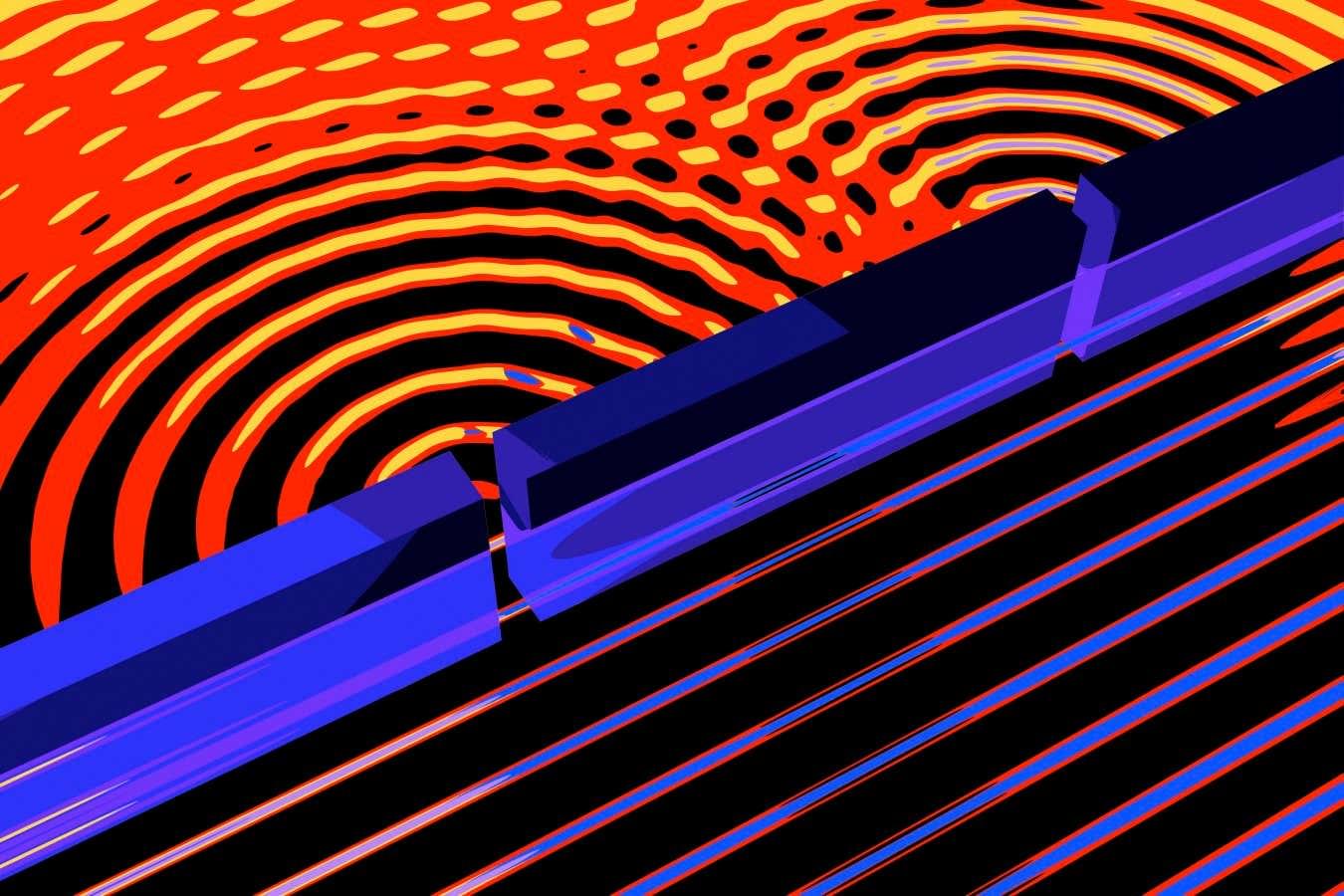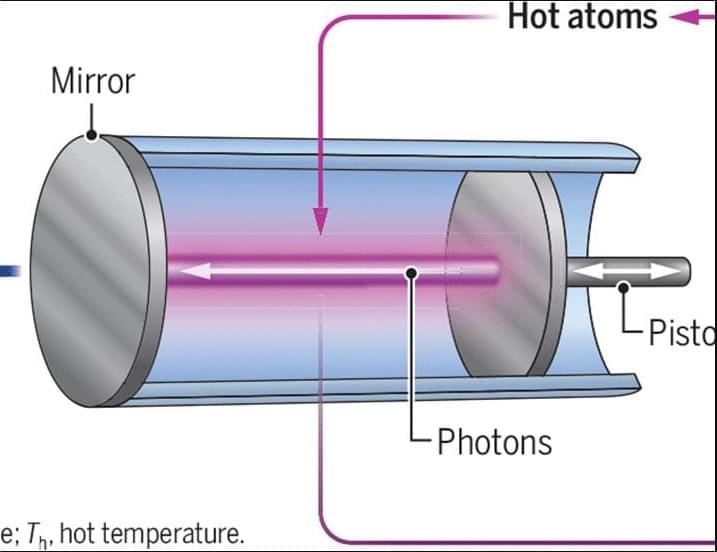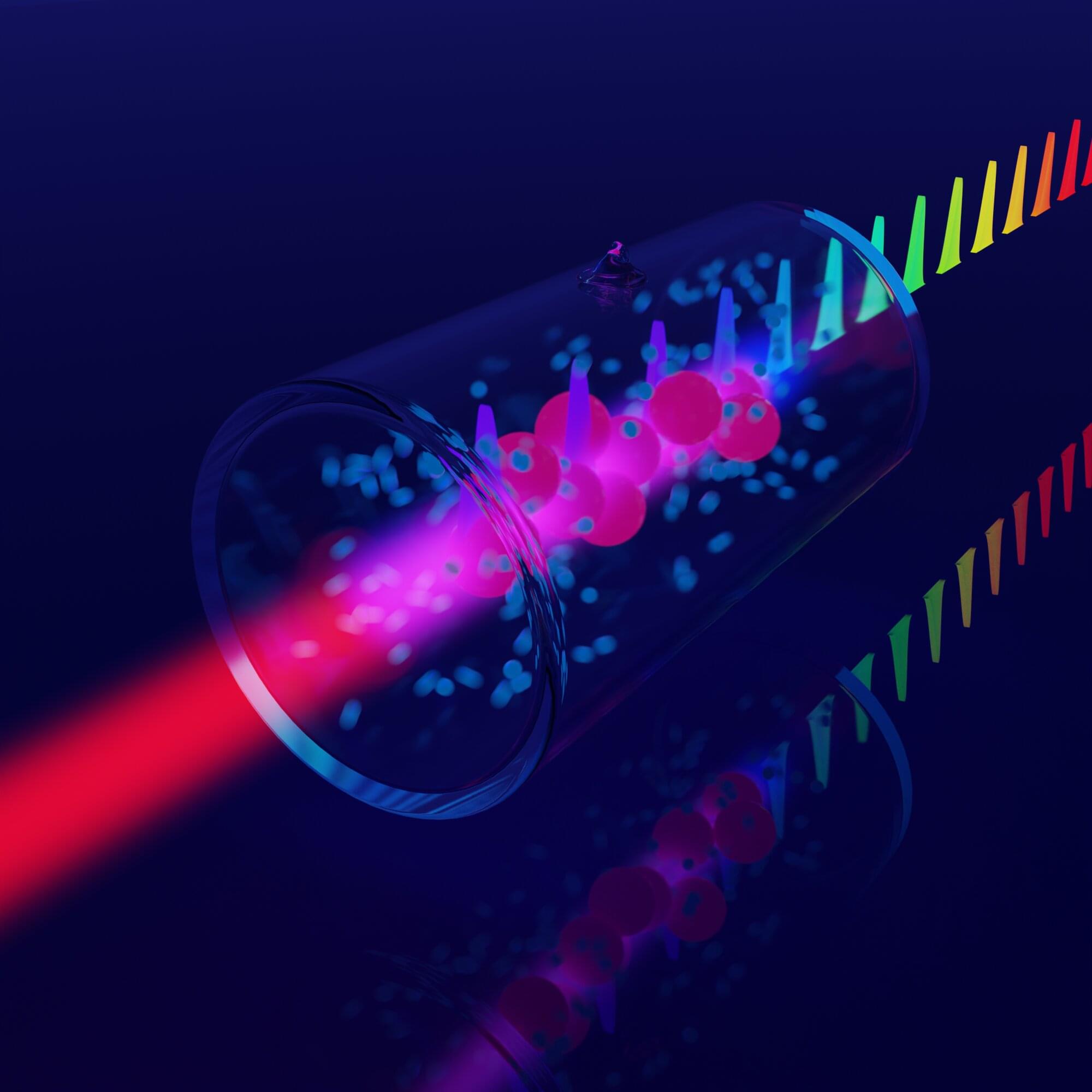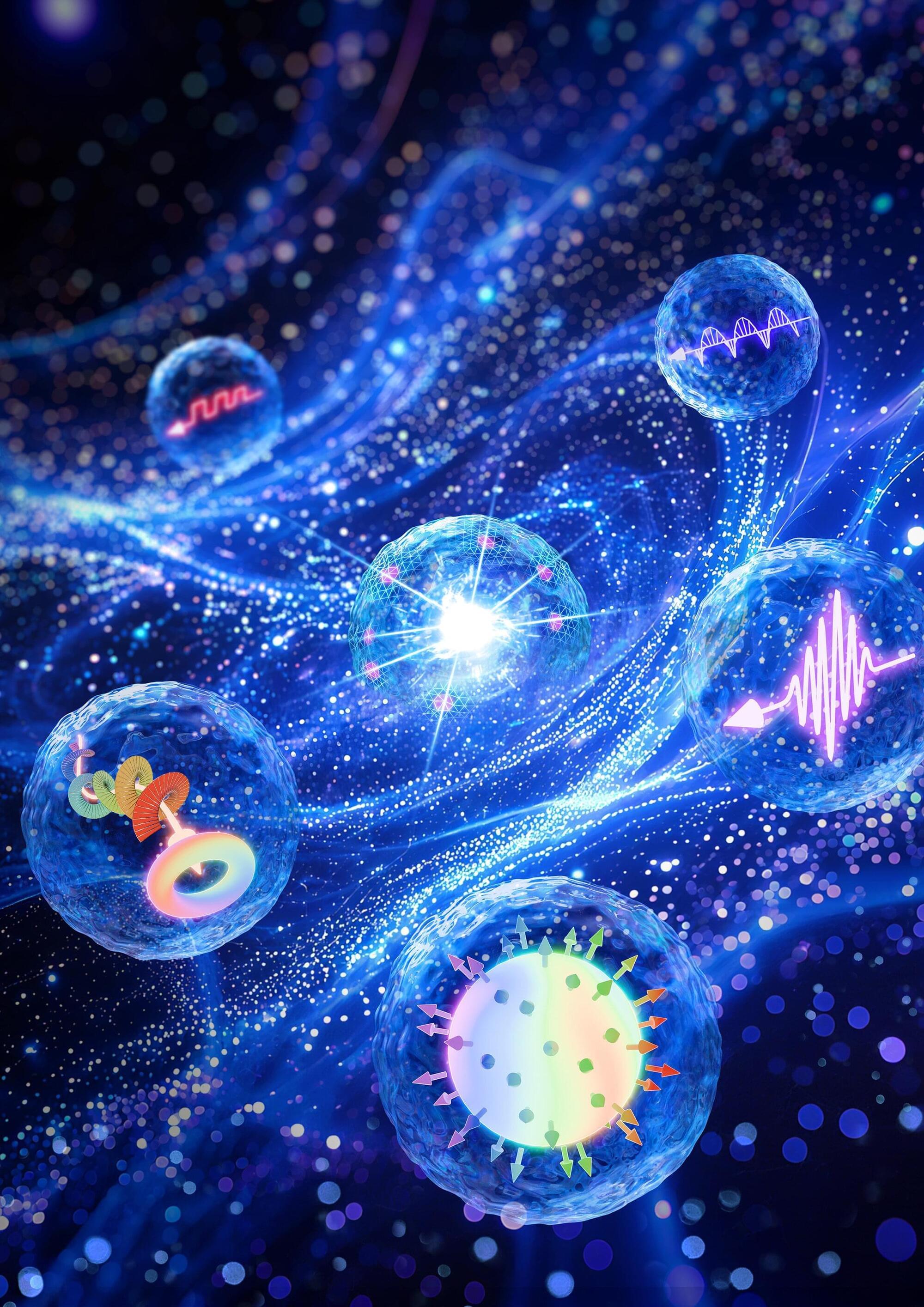Trapped neutral atoms are an attractive platform for quantum computing, as large arrays of atomic qubits can be arranged and manipulated to perform gate operations. However, the loss of useable atoms—either from escape or from disturbance—can be a limitation for long computations with repeated measurements. Researchers at Atom Computing, a company in California, have devised a “reset or reload” protocol that mitigates atom losses [1]. The method was successfully employed during a computation consisting of 41 cycles of qubit measurements.
All current quantum computers require error correction, which involves measuring certain qubits at intermediate steps of a computation. Reusing these qubits would avoid needing a prohibitively high overhead in qubit numbers, says team member Matthew Norcia. But in the case of atoms, the process of resetting measured qubits risks disturbing unmeasured ones.
To overcome this challenge, the researchers have developed a way to shield unmeasured atoms from the resetting process. They use targeted laser beams to immunize the unmeasured atoms against excitation by shifting their resonances. They then turn on a second set of lasers that cool the measured atoms and reinitialize them, enabling them to join the unmeasured atoms in the next computational step.

